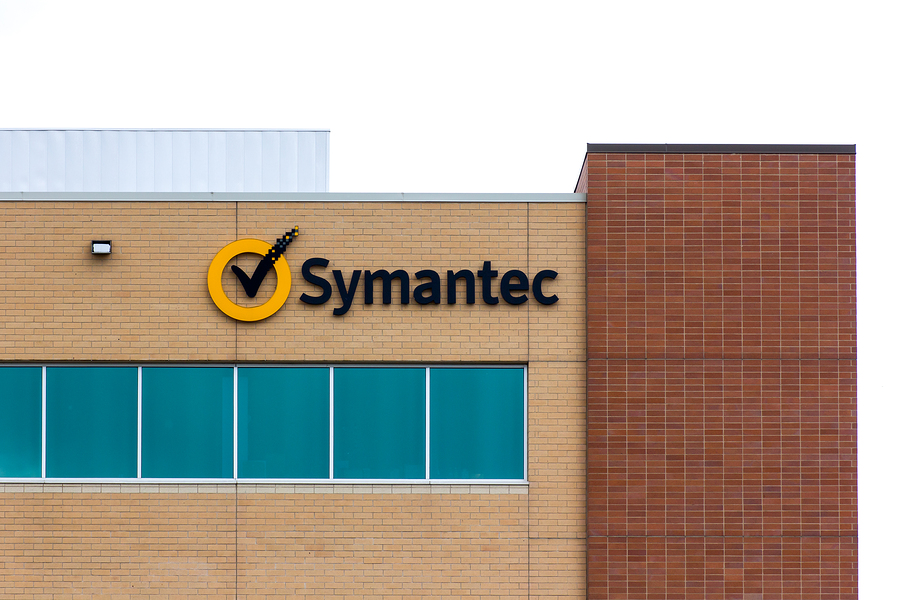Malware trying to trick anti-Putin protesters
Spam messages claim to include details on anti-Putin protests but only lead to nasty malware being installed on user machines.


Security giant Symantec has spotted a spam campaign designed to get malware on anti-Putin campaigner PCs.
Vladimir Putin was re-elected as president of Russia last week, but there have been protests against his rule both pre and post-election.
Now, spam messages have been sent out purporting to contain instructions for rallies against Putin.
The emails included an attachment detected by Symantec as Trojan.Dropper, but those who see the document are presented with details of an apparent anti-Putin meeting that even features a map.
From a spam perspective, this attack is quite unusual mainly because of its size.
However, malicious macros, if enabled, will be running in the background and "a particularly nasty Trojan" is activated, the security giant found.
Various files are then deleted from the user's machine, including .doc, .exe, .xls and .zip files.
Sign up today and you will receive a free copy of our Future Focus 2025 report - the leading guidance on AI, cybersecurity and other IT challenges as per 700+ senior executives
"The Trojan also attempts to connect to IP address 193.104.153.31 (down at the time of analysis), which contains links to the notorious Trojan.Smoaler threat," said Symantec's Stephen Doherty, in a blog post.
"Smoaler recently used the surero48421.ru domain as part of its command-and-control server and this website formerly resolved to the above IP address.
"Once it has destroyed all of the above files by overwriting them, it then runs code to cause the computer to crash (blue screen) through a call to the RtlSetProcessIsCritical API."
Symantec also noted how unusual the spam attack was, pointing to the size of the emails.
"From a spam perspective, this attack is quite unusual mainly because of its size (average of more than 500 KB). Most spam messages do not exceed 10 KB," Doherty added.
"For example, in the latest Symantec Intelligence report, 56 per cent of all February spam messages were less than 5 KB with 30 per cent between 5 - 10 KB and only 13 per cent greater than 10 KB."
Tom Brewster is currently an associate editor at Forbes and an award-winning journalist who covers cyber security, surveillance, and privacy. Starting his career at ITPro as a staff writer and working up to a senior staff writer role, Tom has been covering the tech industry for more than ten years and is considered one of the leading journalists in his specialism.
He is a proud alum of the University of Sheffield where he secured an undergraduate degree in English Literature before undertaking a certification from General Assembly in web development.
-
 Effective Data and Cleo expand partnership to drive supply chain integration capabilities
Effective Data and Cleo expand partnership to drive supply chain integration capabilitiesNews The agreement will deepen collaboration between the Cleo Integration Cloud (CIC) and Effective Data’s data integration expertise
-
 AI adoption is finally driving ROI for B2B teams in the UK and EU
AI adoption is finally driving ROI for B2B teams in the UK and EUNews Early AI adopters across the UK and EU are transforming their response processes, with many finding first-year ROI success
-
 Malicious WordPress plugin installed backdoor on thousands of websites
Malicious WordPress plugin installed backdoor on thousands of websitesNews Widget plugin spewed spam to unsuspecting victims
-
 Power stations under attack from long-running hacking campaign
Power stations under attack from long-running hacking campaignNews Dragonfly threat group is ramping up activities, say researchers
-
 711 million data records revealed in spambot dump
711 million data records revealed in spambot dumpNews The data contains email addresses, passwords and server information too
-
 Symantec profits surge as firms prop up their cyber defences
Symantec profits surge as firms prop up their cyber defencesNews The company also announced plans to sell its web certificate business
-
 Security experts uncover Tinder porn site spam scheme
Security experts uncover Tinder porn site spam schemeNews Chatbots use verification offers to lure in victims
-
 Symantec to pay $4.65 billion to acquire Blue Coat
Symantec to pay $4.65 billion to acquire Blue CoatNews Greg Clark to become Symantec CEO, promising new cloud security
-
 Spammers selling fake tickets for Rio Olympics 2016
Spammers selling fake tickets for Rio Olympics 2016News Fraudsters have created fake ticketing websites to trick users
-
 Symantec ditches reseller guilty of scamming PC users
Symantec ditches reseller guilty of scamming PC usersNews Silurian told people they had malware, then sold them Norton Antivirus for $249
